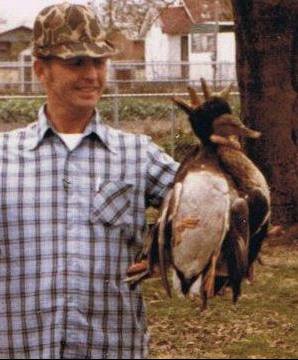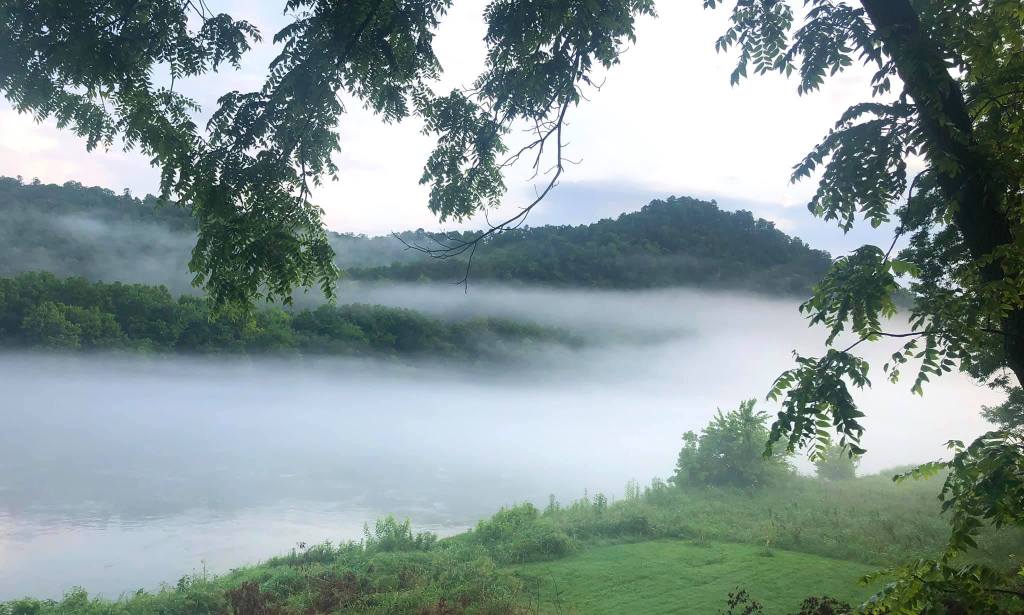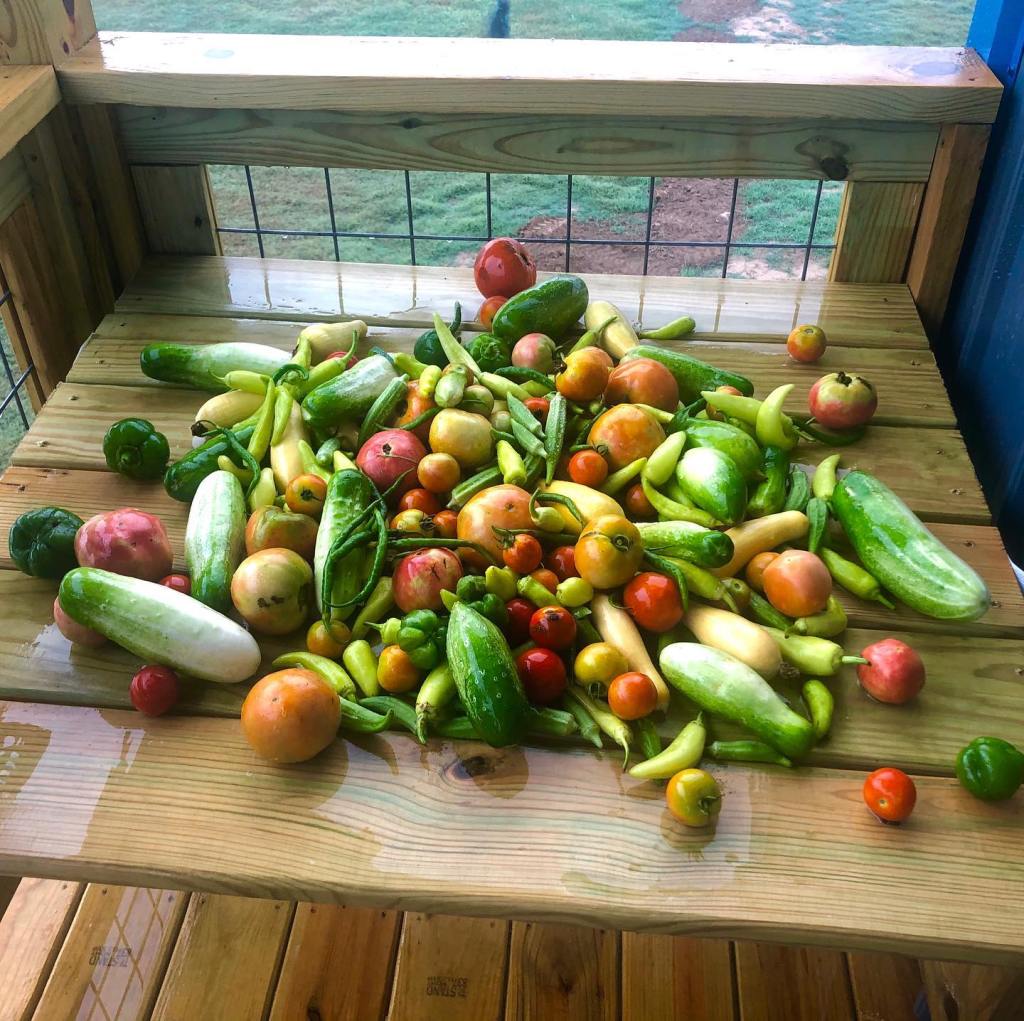My weekly column from The Stone County Leader:
“Black bears rarely attack. But here’s the thing. Sometimes they do. All bears are agile, cunning, and immensely strong, and they are always hungry. If they want to kill you and eat you, they can, and pretty much whenever they want. That doesn’t happen often, but – and here is the absolutely salient point – once would be enough.”
-Bill Bryson
A Walk in the Woods
There it was.
Unmistakable, though I’d never seen one in that context before.
Eyes don’t lie. And with a few buttons pushed here, and a few arrows pressed there, the number four slide on my partner’s game camera jumped out, commanding immediate attention.
She was on all four, big, black, with a massive and burly form that just looked onery. Must have been 400 pounds, and right there not more than a few yards from my hunting spot for this year. The one I’ve been so excited about as I take an all-new adventure into the world of deer hunting.
Immediately, my thoughts turned to the potential headline, likely one my boss would bury on page 5B of next week’s Leader.
Bear Eats News Reporter: Good While it Lasted, the inglorious news likely lining someone’s bird cage a week later.
Ah, the adventures of the great outdoors.
With most of my years spent in the heart of the Mississippi River Flyway, I’ve logged many more hours in a St. Francis River duck blind than in the deer woods. It’s an exciting prospect as opening day approaches this Saturday – my first major investment in pursuing the elusive giant buck. Those days growing up on the St. Francis produced some of the richest experiences a young boy can know, and some of the fondest memories I had with a father who wasn’t exactly Ward Cleaver. Here’s an excerpt from a recent writing about those good times:
•••
When he wasn’t in the duck blind, my dad would sit at a bedroom window for hours, binoculars pointed to the river just a mile and a half west. Duck hunters dream of that magical day when there are so many ducks you can’t keep them off your pond, and the steel of your gun barrel stays hot, no time between rounds.
In those days, you’d find dozens of pickup trucks scattered about Highbanks Landing  and the more northerly Jackson’s Landing, hunters having gathered for boat launches oftentimes long before there was enough light to maneuver the tricky river runs. Most could navigate by memory, jumping one log after another and dodging brush along the way. Shooting hours began precisely at sun up, and mallards move early for the day’s first feeding. Run a boat to your blind late between prime shooting hours of six and nine in the morning and you might just find it unplugged and half sunk at the landing tomorrow morning. One of the first rules on the St. Francis River is respect for the other guy.
and the more northerly Jackson’s Landing, hunters having gathered for boat launches oftentimes long before there was enough light to maneuver the tricky river runs. Most could navigate by memory, jumping one log after another and dodging brush along the way. Shooting hours began precisely at sun up, and mallards move early for the day’s first feeding. Run a boat to your blind late between prime shooting hours of six and nine in the morning and you might just find it unplugged and half sunk at the landing tomorrow morning. One of the first rules on the St. Francis River is respect for the other guy.
If you’ve never been there, if you’ve never felt the adrenaline rush that overpowers you when 25 mallard ducks decide they’re coming into your pond, it goes something like this:
Three hundred yards out, a spotter first sees them headed due north. The blind’s designated chief caller, oftentimes an old river veteran in his fifties or sixties, makes his way to the shooting window as he reaches into a camouflaged vest pocket for his long caller. The call, maybe a black P.S. Olt, or a smooth, synthetic Rich-N-Tone, is doubly secured around the caller’s neck with a lengthy cord adorned with duck bands from past hunts. These bands, likely placed around the bird’s leg in the northern nesting grounds, are a research and reporting tool effective only when the hunter harvests the duck and returns the band to the research organization. Many prefer wearing the bands like an Indian bead necklace, each representing the memories of a past hunt and signifying their place within the tribe.
The chief caller takes a deep breath bringing the mouthpiece to his lips and the hopeful long call begins. The long call has a rhythm. A series of loud duck-like calls that grow shorter and closer together as the caller manages his breath with as much perfection as a first- chair trombonist. Almost like a plea of sorts, the long call is loud and imprecise, designed only to get the attention of ducks moving at a distance. Get their attention, and maybe they’ll like what they see. They’ll assess the wind, the pond configuration, decoy pattern, water clarity, and other factors before moving on or breaking for a descent. If he gets their attention, the caller then has a “working” bunch of ducks. Things are serious now, and the beauty of a seasoned caller unfolds.
Instinctively, the mood changes. Hunters give a quick check to their Brownings, Winchesters, and Remingtons. Safety on. Chamber full. Locked and loaded.
There is anticipation in this critical moment when it’s important to read what’s happening outside the blind. It takes years to get really good at this. The chief caller and the spotters now work together watching the ducks work the pond, their necks twisting and turning out the shooting window. The calling changes, now more intentional, more precise, as the ducks assess everything around them and make a final decision about a water landing. This is the moment a seasoned duck caller shows his skill alternating between working calls. There are calls to get the ducks’ attention, others that lure them in, feeding chatters, and a “come back” call for those that want to move on. The pros give the ducks exactly what they want to hear. This can go on thirty minutes or more, and callers frequently become so short on breath they find themselves light-headed.
There is not a memory from childhood more vivid than the clarity of my father’s eyes as he worked a bunch of mallard ducks on a freezing cold St. Francis River day. In those moments, all self-consciousness, issues of self-worth, all his imperfections vanished. Fluid, at ease, and seasoned with experience, he demonstrated complete control, perfect peace.
The call is reduced to the occasional soft chatter now. This is what separates the great duck callers from the good ones. A great duck caller knows when to call, and when to be quiet. Then, it’s in that quiet moment you first hear it. They’re coming in right over the blind. If Dad said it once in that thrilled whisper, he said it a million times. Grab your guns, boys. Get ’em on three …
You hear them before you see them, and the sound is unmistakable. Once a four-pound mallard duck commits to landing on water there is no turning back. With feet extended, body bowed, and wings cupped, the ducks flap wings violently for a soft landing. As they do, the wind whistles across long feathers in increasingly quick repetition. Shew-shew-shew-shew-shew. All movement in the blind ceases and you can hear a pin drop. Guns up. One, two, three!
The purest sportsmen will set their gun sights and pull triggers just before the ducks hit the water. Some prefer allowing the ducks to land, giving them even more time and accuracy for a maximum harvest. Either way, there’s not a moment more thrilling than the sound of wind over wings. It’s rare, but on the good days this scenario may play out six or seven times. They are the days you recount to your grandchildren.
•••
I’m hoping to share a few fireside chats with my own grandchildren from this deer hunting thing.
Here’s hoping not to be a mid-morning snack before a long, winter’s nap.
See you in next week’s newspaper.
(Steve Watkins is a reporter for The Stone County Leader. He is the author of two books, Pilgrim Strong, and The King of Highbanks Road.)



 and the more northerly Jackson’s Landing, hunters having gathered for boat launches oftentimes long before there was enough light to maneuver the tricky river runs. Most could navigate by memory, jumping one log after another and dodging brush along the way. Shooting hours began precisely at sun up, and mallards move early for the day’s first feeding. Run a boat to your blind late between prime shooting hours of six and nine in the morning and you might just find it unplugged and half sunk at the landing tomorrow morning. One of the first rules on the St. Francis River is respect for the other guy.
and the more northerly Jackson’s Landing, hunters having gathered for boat launches oftentimes long before there was enough light to maneuver the tricky river runs. Most could navigate by memory, jumping one log after another and dodging brush along the way. Shooting hours began precisely at sun up, and mallards move early for the day’s first feeding. Run a boat to your blind late between prime shooting hours of six and nine in the morning and you might just find it unplugged and half sunk at the landing tomorrow morning. One of the first rules on the St. Francis River is respect for the other guy. made dubious eye contact with my wife in the back seat.
made dubious eye contact with my wife in the back seat.


 Inaugural picnic on the grounds of Tranquility Base. 2/29/20 (Photo, Frances Merrell)
Inaugural picnic on the grounds of Tranquility Base. 2/29/20 (Photo, Frances Merrell)
 object represents the pilgrim’s burden, or her sin, or regrets, however they may wish to characterize it. Upon arrival at this special location known as
object represents the pilgrim’s burden, or her sin, or regrets, however they may wish to characterize it. Upon arrival at this special location known as 